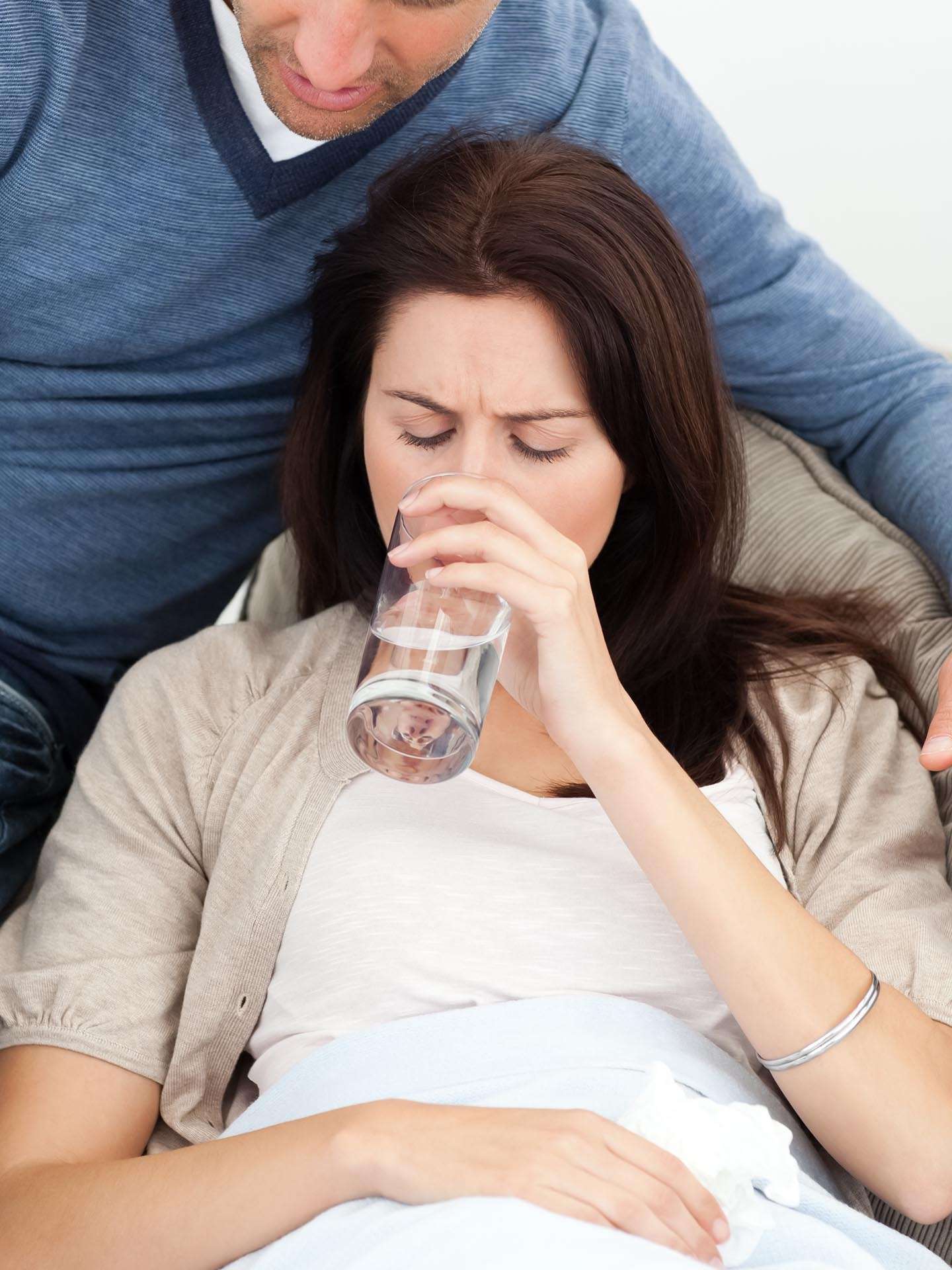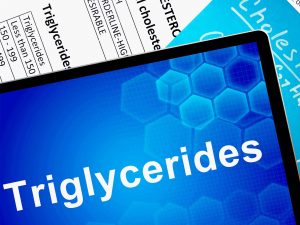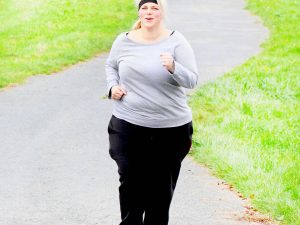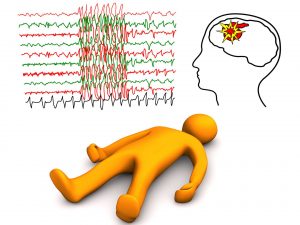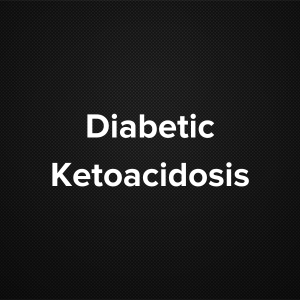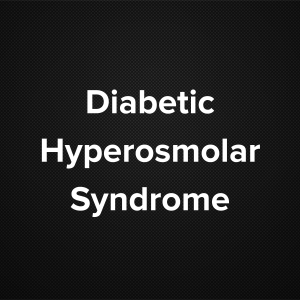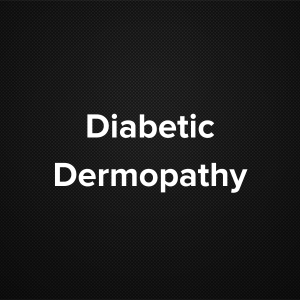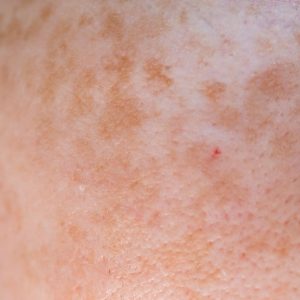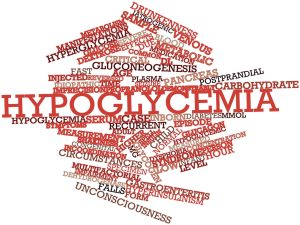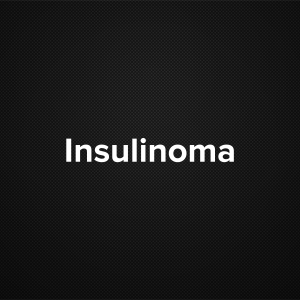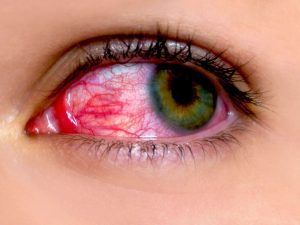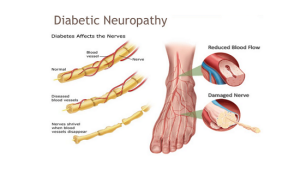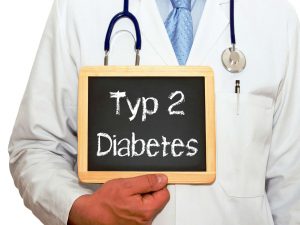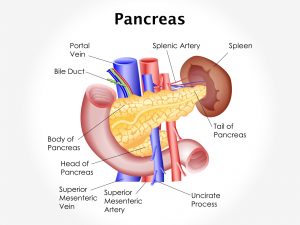Hypoglycemia, is a condition defined by abnormally low energy levels in the body, i.e. glucose levels in the blood.
This condition is associated with the treatment of diabetes. It can be caused by an overdose of insulin or other diabetes drugs, or even with the prolonged consumption of certain medications and diet. You may have hypoglycemia if you miss your breakfast, or have incomplete meals, or drink alcohol without having food. Intense exercise may also trigger the hypoglycemic condition.
In liver dysfunction, the liver cannot store enough carbohydrates or convert them into glucose. And this too, may lead to hypoglycemia.
Hypoglycemia may be caused due to presence of tumor in the pancreas that causes excessive release of insulin and over consumption of glucose by the body.
How would I know that I am hypoglycemic?
You may feel the symptoms of hypoglycemia when your blood sugar level is 70 mg/dL or lower. However, many of you may not have any symptoms in the initial stages of hypoglycemia.
- Adrenaline is released when your blood sugar levels are low. Then this adrenaline leads to symptoms like anxiety, nervousness, and trembling.
- If your brain does not get enough glucose, you may feel weak, dizzy, tired, drowsy, and confused. You may also have trouble concentrating, speaking, or seeing clearly.
- Nocturnal hypoglycemia occurs when blood glucose levels drop while sleeping. It is more common in people who are treated with insulin. You may have the symptoms when you wake up in the morning. You may have headache, disturbed sleep, a feeling of tiredness and find the sheets and clothes damp from sweating.
- Severe hypoglycemia may lead to coma and seizures.
- Prolonged low levels of glucose can even cause brain damage.
How do I treat hypoglycemia?
The quickest and most effective way to raise your glucose level is to have some form of sugar, be it in the form of glucose tablets or fruit juice, hard candies or crackers. It is important to get at least 15-20g of sugars or carbohydrates. So, have four teaspoons of sugar or two tablespoons of raisins, or one tablespoon of honey, or four-five saltine crackers a day.
Post eating, check your blood sugar and get a confirmation on whether your sugar levels have increased with the food. If it remains constantly low, then you may need immediate treatment.
You can prevent hypoglycemia by practicing proper diabetes management. Simply, learn to detect hypoglycemia, so that you can treat it before it gets worse.
